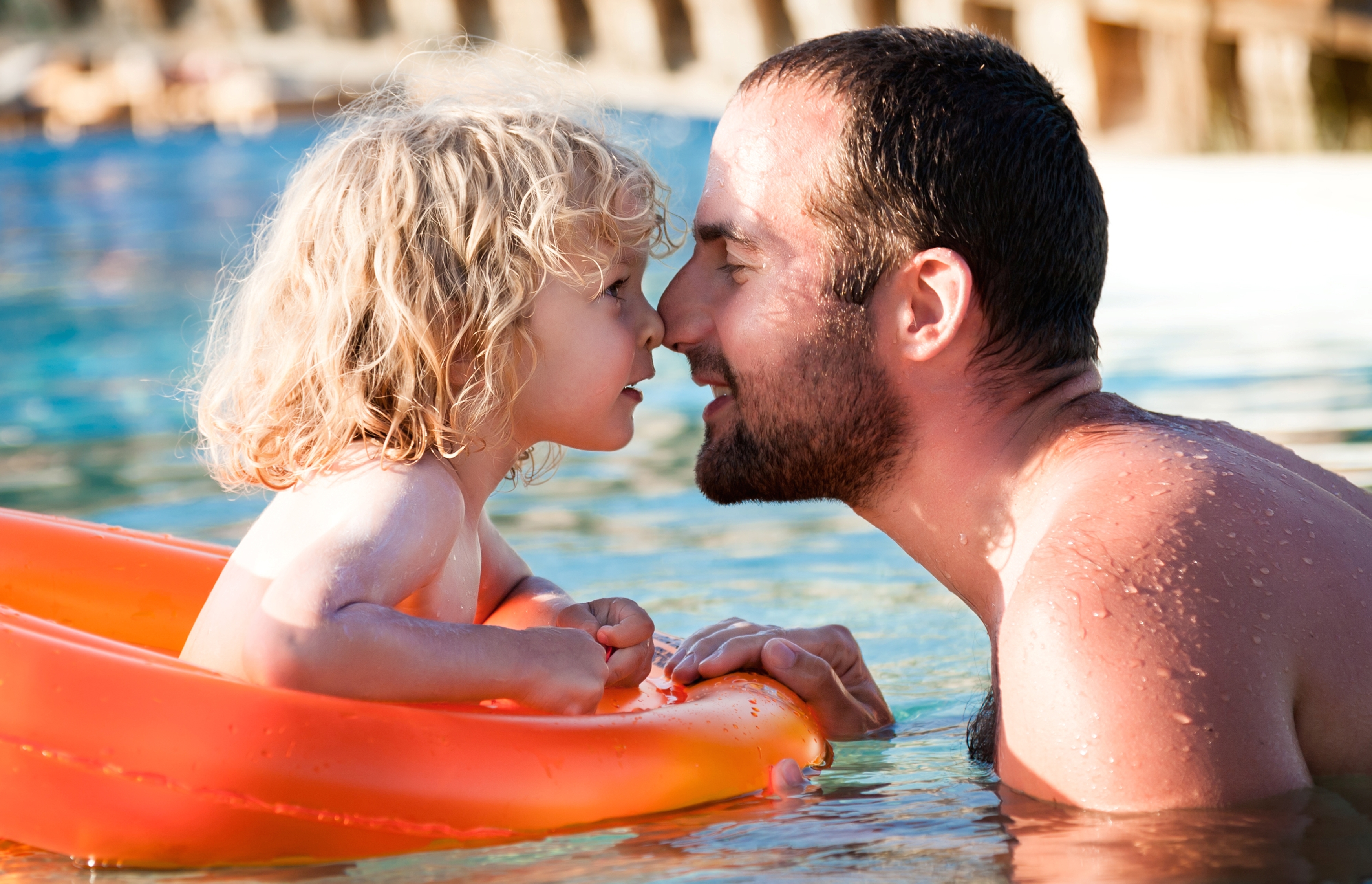By Dr. Julie Gowthorpe, R.S.W.
When divorce happens, how parents and kids celebrate a special occasion like Father’s Day changes. Adjusting to the change that comes from celebrating holidays as an intact family to one altered by parental divorce is emotionally challenging, particularly in the immediate years following separation. Through the divorce process, most parents will do their best to logistically develop a plan to make holidays work for children. When divorces are not amicable, however, holidays like Father’s Day can trigger difficult feelings such as grief about what has been lost through marital dissolution, such as the opportunity to celebrate special days with children in a way that both parents desire. When resentment or hurt is triggered in even one parent, a snowball of emotions and, unfortunately, problematic behavior, can be unleashed.
For Moms and Dads, it is essential to embrace Father’s Day with a child-focussed approach. All loving moms want their children to have a healthy relationship with their father; however fully celebrating this relationship, as Father’s Day intends to, comes with challenges. Feelings that may have calmed with the passing of time can be triggered by holidays or events that are reminders of happier times or the loss of spousal roles. For example, throughout Melanie’s thirteen year marriage to Keith, she prided herself with managing the family calendar; ensuring holidays were times of family celebration, and balancing her responsibilities of wife, mother, and career woman. She admits that she has had a hard time letting go of managing the schedule one hundred percent of the time although the children are with Keith half of the time. It was her role to “make holidays special for the kids” so she acknowledges that, at times, she resents how the divorce has prevented her from the enjoyment that comes with celebrating special occasions with her children. Melanie wants all holidays to be special for her children but has found it difficult to support them in celebrating separately from her. This blur of feelings can be emotionally exhausting leaving many moms in no mood to celebrate. These perceptions and associated emotions can, understandably, hinder being child-centered about Father’s Day.
Father’s Day is a reminder for all parents that consistently placing your children’s needs first after divorce can be challenging. There are some clear, purposeful strategies to guide you through this time:
- Remember that Children Love Both Parents: Father’s Day is a wonderful opportunity for moms to show their children how supportive they are of the father-child relationship. Even a gesture like purchasing a card from the children to Dad or encouraging children to craft a card for their father, demonstrates support of the father-child relationship.
- Parenting is Forever: Although your former partner is no longer your husband, they will forever be your children’s father. Allow and encourage your children to enjoy Father’s Day as a time to celebrate with Dad. Father’s Day should be reserved for time with Dad, even if it falls on Mom’s scheduled time.
- Encourage Ample Father-Child time: Avoid the desire to schedule other events on Father’s Day that may interfere with the children’s time with their father. For example, far too often Mom’s say to Dad’s, “Yes, you can take them from 11 to 1 but I need them back then because I have other plans”. This narrowing of time only creates unnecessary stress for children and resentment within the parental relationship. Moms should consider Father’s Day a hands off time for scheduling other activities.
- Children Worry Even if They Don’t Tell You: Parents constantly need reminders of this point. If children feel that you are not going to have a good day because they are not with you, this will interfere with their ability to enjoy Father’s Day with their Dad. Remind children that you WANT them to enjoy time with their father.
- Make Father’s Day and Mother’s Day holidays that do not require problem solving: Father’s Day should always be spent with Dad and Mother’s Day with Mom unless there is an exceptional circumstance. For parents in the early stages of developing a parenting plan, have this written into the agreement.
- Children Have One World: Father’s Day is an opportunity to remind children that they have a family that loves them unconditionally. Unconditional love means not only allowing, but promoting time between your child, their other parent, grandparents and extended family.
- Sharing of this day Should be Purposeful and Child-focused: If you are balancing time with the children’s father as well as maternal grandparents and extended family, ensure that you are making these decisions purposefully and implement strategies to make the juggling as stress-free as possible for kids.
- Parents Need to be Healthy for Children: Moms may use Father’s Day as a self-care occasion. Be mindful that this is an opportunity for you to move forward for yourself and your child.
About the Author:
Julie Gowthorpe, Ph.D., R.S.W. is the author of “Tainted Love: Why Your Ex is Making You Miserable and What You Can Do About It.” She received a Doctorate of Philosophy in Social Work from the University of Toronto, a Master of Social Work from McGill University and Bachelor of Arts with Honors from Carleton University. She operates a full-time (plus) private practice providing individual, couple and family counseling as well as assessments. She and her practice are in Belleville, ON. Dr. Gowthorpe has written exclusive articles for online and magazines including Today’s Parent USA. She also speaks frequently at professional and organizational seminars. For more information, visit her website at: drjuliegowthorpersw.com

